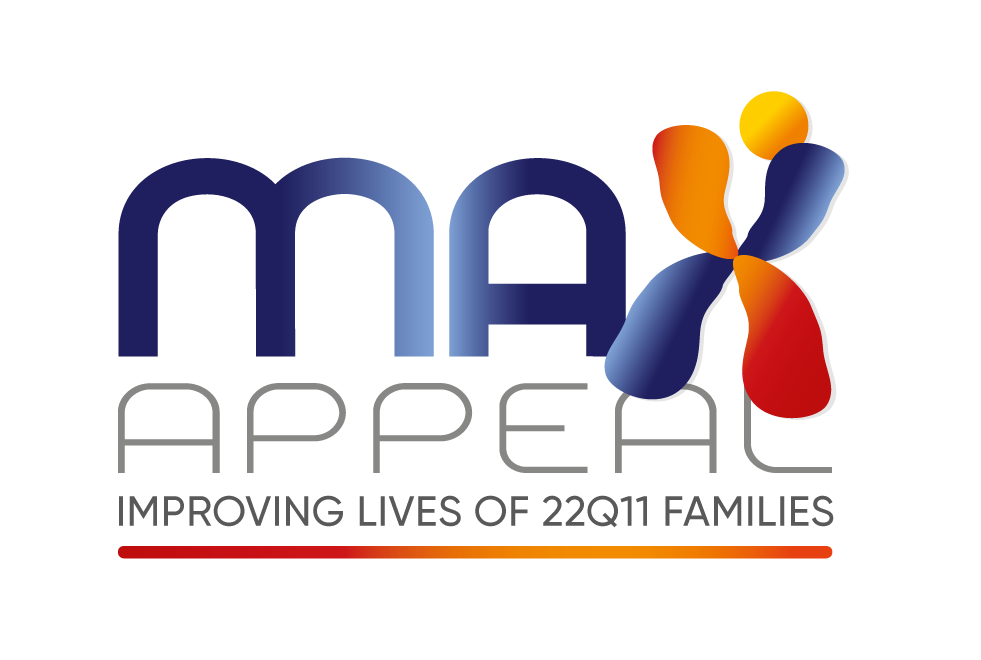New research at Cardiff University finds children with rare genetic condition may need early developmental support
Researchers at Cardiff University conducted early development research into children with 22q11.2 deletion syndrome and their siblings to identify the origins of neurodevelopmental and psychiatric conditions.
Understanding 22q11.2 Deletion Syndrome
22q11.2DS, also known as DiGeorge syndrome or Velocardiofacial syndrome, is caused by a deletion of genetic material on the 22nd chromosome.
It affects approximately 1 in 2,000 to 4,000 live births and encompasses a wide range of symptoms, including physical abnormalities, cognitive impairments, and psychiatric conditions.
A Complex Link: 22q11.2DS and Psychiatric Conditions
Previous research has indicated a strong association between 22q11.2DS and the development of psychiatric conditions, where individuals have a higher prevalence of neurodevelopmental and psychiatric conditions such as anxiety, depression, psychosis, attention-deficit/hyperactivity disorder (ADHD), and autism.
However not all individuals with 22q11.2DS develop neurodevelopmental and psychiatric outcomes, and it is not clear why some individuals with 22q11.2DS experience more problems than others.
Putting together the puzzle pieces: Early Development Research
A team of researchers led by Dr Samuel Chawner and Professor Marianne van den Bree are investigating the developmental origins of neurodevelopmental and psychiatric conditions in 22q11.2DS.
Children aged 2 to 5 years old with 22q11.2DS and their siblings without a genetic condition were invited to the Cardiff University Hadyn Ellis Building research clinic for developmental assessments to understand what early markers of neuropsychiatric liability could be identified at this young age.
What was discovered
Young children with 22q11.2DS were found to have difficulties in a wide range of areas of child development including cognitive ability, language, social skills and motor functioning when compared to their siblings without 22q11.2DS.
Despite only being in early childhood, young children with 22q11.2DS were also found to show increased traits of emotional and behavioural problems, and children who had worse sleep and motor functioning were particularly vulnerable to experiencing emotional and behavioural problems.
However, researchers found that early childhood outcomes were highly variable, and identified a subgroup of children with 22q11.2DS who showed high levels of risk indicators, and another subgroup whose development was similar to children without 22q11.2DS.
“This highlights that there might be a subgroup of children with 22q11.2DS who are in particular need of early developmental support.”
This project was the result of interdisciplinary collaboration across Cardiff University’s Neuroscience and Mental Health Innovation Institute, including:
Centre for Neuropsychiatric Genetics & Genomics, School of Medicine
Cardiff University Centre for Human Developmental Science, School of Psychology
School of Optometry
The team worked closely with Max Appeal, patient advocacy charity for 22q11.2DS
What comes next: The broader implications
Research into early development in 22q11.2DS offers not only important new information for families affected by this condition but provides valuable insights into the broader understanding of psychiatric conditions.
22q11.2DS provides a window into the biological pathways and mechanisms that may contribute to psychiatric disorders in the general population.
Findings from this research may inform the development of novel treatments and interventions for individuals without 22q11.2DS who experience psychiatric conditions.
We would like to thank all the children and families who took part in the study, as well as all the support we have had from support charities, including Max Appeal.
This work was funded by Wellcome Trust Institutional Strategic Support Fund Fellowship, the Medical Research Council, the MRC Centre for Neuropsychiatric Genetics & Genomics seedcorn award, and a NMHII Future Leaders in Neuroscience Research seedcorn award.
Dr Samuel Chawner recently featured on The Association for Child and Adolescent Mental Health's 'Papers Podcast' discussing the paper which can be listened to online.

